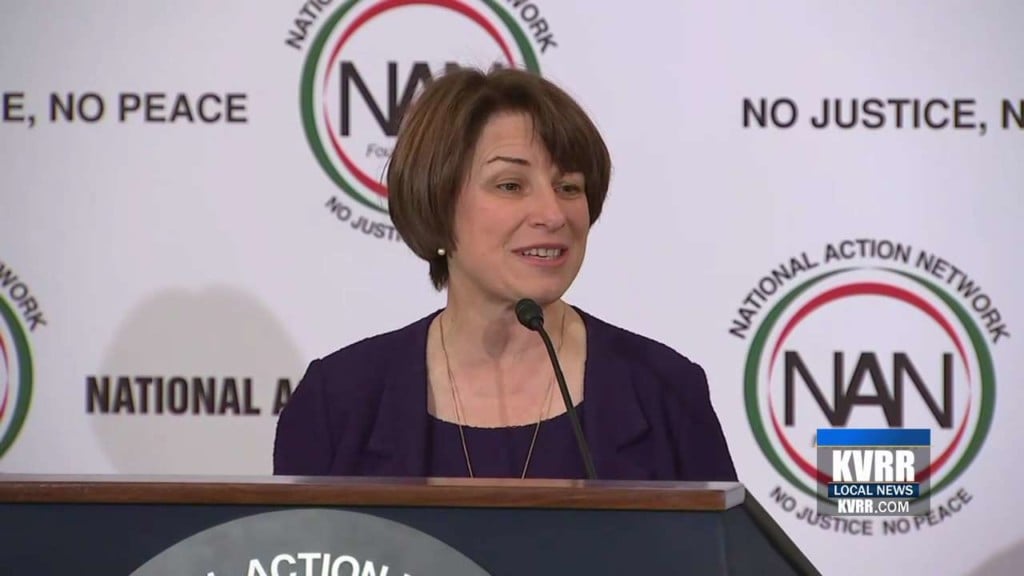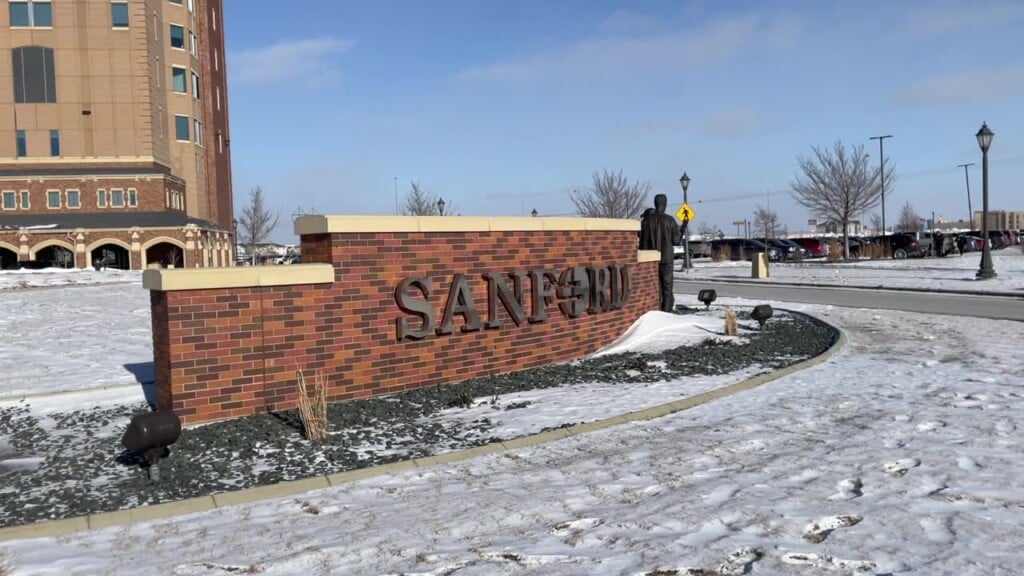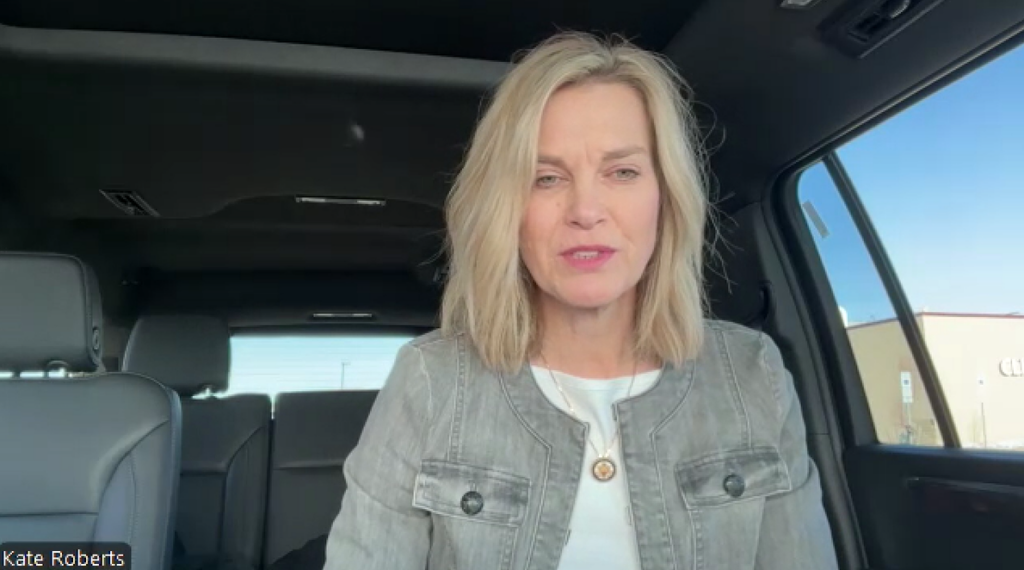UND Students Free After Simulation of Two-Week Mars Mission
This was the university's fourth mission in its NASA-funded Inflatable Lunar-Mars Habitat project
GRAND FORKS, N.D. — Students at UND disembarked from another in a string of missions orchestrated by the university to test the latest in space technology.
The students lived in a self–contained environment meant to represent living conditions astronauts could face on a mission to Mars.
UND simulates what life would be like living on Mars through their Inflatable Lunar–Mars Habitat project.
The fourth mission just finished a two–week process testing the latest in space technology.
“Three grad students from the department of space studies are taking place in this simulated mission, where they are living like you would do when you are on Mars,” said Pablo de Leon, UND Aerospace Professor.
According to the mission participants, living in an enclosed space for two weeks isolated from the world wasn’t easy.
“It was hard to adapt the first few nights,” said Stefan Tomovic, mission participant. “Once you get used to it, you get used to it, but that was definitely a challenge.”
Mission personnel would have to go about their daily tasks as if they were living on another planet.
Every other day, crew members would step into these environmental suits feet first. They would zip themselves up from the inside, go out into the Martian environment, collect geological samples and study them back in the module.
“We get in there, we do certain tasks and they evaluate us on our performance, they see how to make it better,” said Prabhu Victor, mission commander.
The students were examined regularly to test the effects of isolation.
“Had to do several surveys and psychological surveys just to see how we react to confinement,” said Victor
Seeing the bigger picture helped the students get through the mission successfully.
“The whole experience, I think, is cool – just being a part of something bigger than myself,” said Tomovic.
UND received $750,000 dollars from NASA to help fund the project.
The school plans on conducting more missions through next August.






